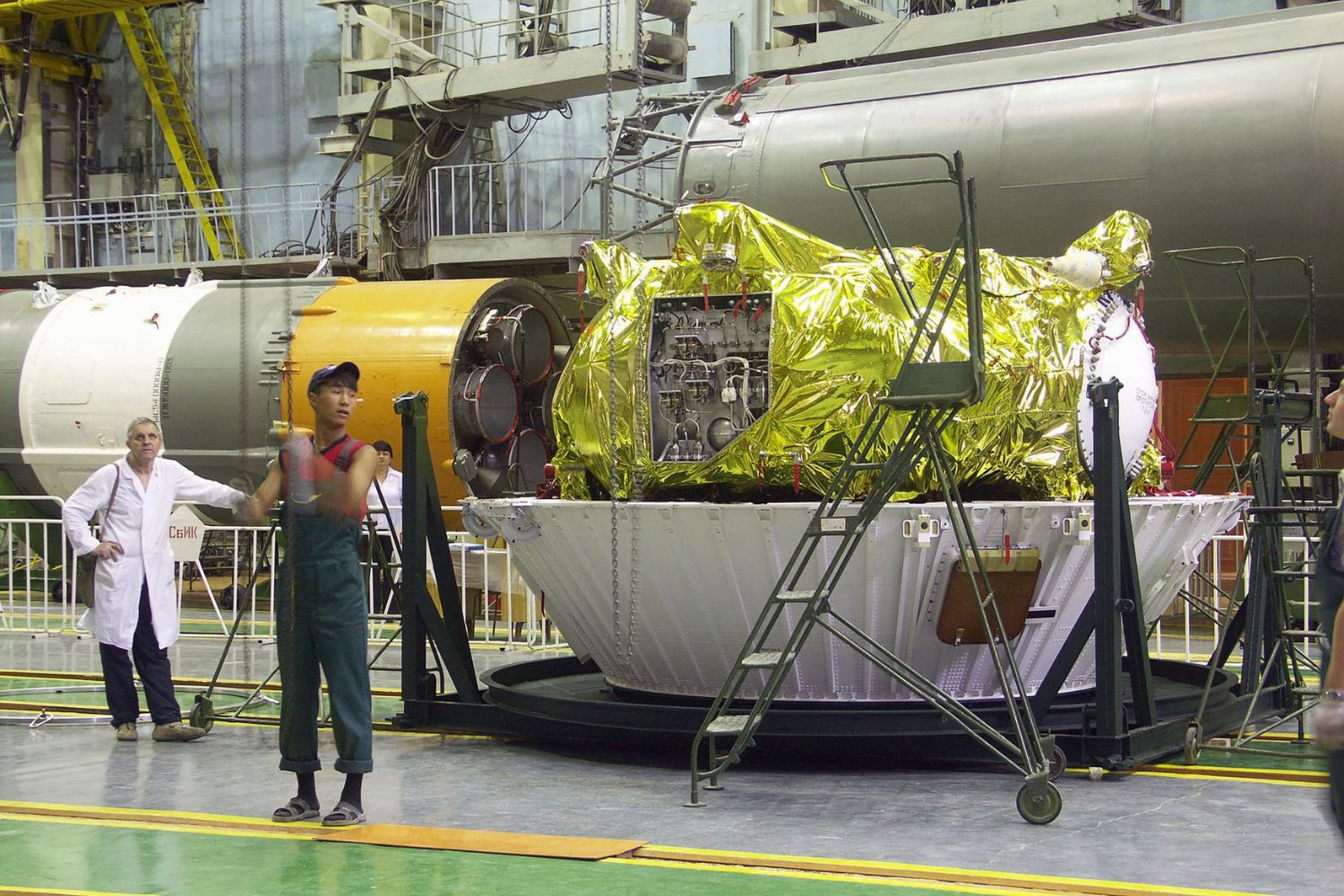In an increasingly interconnected world, fostering international understanding and collaboration is more crucial than ever. The BRICS Think Tanks Council (BTTC) stands at the forefront of these efforts, striving to bridge gaps and build partnerships across the BRICS economies. By facilitating think tank collaborations and promoting global cooperation, the BTTC initiatives seek to harness the collective expertise of its member countries to address global challenges. This post will delve into how the council’s efforts are shaping policies and driving growth, offering insights into the transformative power of international dialogue. Join us as we explore the pivotal role played by the BRICS Think Tanks Council in advancing mutual understanding and prosperity.
Understanding the BRICS Think Tanks Council
The BRICS Think Tanks Council (BTTC) plays a crucial role in fostering collaboration and knowledge sharing among the BRICS nations. This section explores the council’s origins and its core objectives.
Origin and Establishment
The BRICS Think Tanks Council was established in 2013 as a platform for intellectual exchange and policy coordination among the BRICS countries: Brazil, Russia, India, China, and South Africa.
The Council for Foreign Relations notes that the BRICS group itself emerged from an economic concept coined by Goldman Sachs economist Jim O’Neill in 2001. The BTTC was a natural progression, formalising the collaborative efforts of these emerging economies.
The council’s formation marked a significant step towards institutionalizing cooperation beyond governmental levels, bringing together think tanks and academic institutions from each member country.
Core Objectives and Mission
The BRICS Think Tanks Council’s primary mission is to facilitate dialogue, research, and policy recommendations that benefit the BRICS nations and contribute to global development.
Key objectives include:
- Promoting collaborative research on economic, political, and social issues
- Developing policy recommendations for BRICS leaders
- Enhancing understanding and cooperation among member countries
- Contributing to global governance discussions from a BRICS perspective
The BRICS Think Tanks Council website outlines various initiatives aimed at fostering cooperation, including joint research projects and annual academic forums.

BTTC Initiatives and Impact
The BRICS Think Tanks Council has launched numerous initiatives to promote global cooperation and enhance the economies of its member nations. This section examines the council’s key efforts and their impact on international relations and economic growth.
Promoting Global Cooperation
The BTTC plays a vital role in fostering global cooperation through various initiatives and platforms.
One of the council’s primary mechanisms for promoting cooperation is the annual BRICS Academic Forum. This event brings together scholars, policymakers, and experts from member countries to discuss pressing global issues and potential solutions.
The council also facilitates joint research projects on topics such as sustainable development, digital economy, and global governance. These collaborative efforts not only enhance understanding amongst BRICS nations but also contribute valuable insights to the global community.
The Transnational Institute highlights how BTTC initiatives have helped shape a more inclusive approach to global economic governance, challenging traditional Western-dominated institutions.
Enhancing BRICS Economies
The BTTC’s work has significantly contributed to the growth and development of BRICS economies through policy recommendations and knowledge sharing.
Key areas of focus include:
- Trade and investment facilitation
- Technology transfer and innovation
- Financial cooperation and currency swaps
- Infrastructure development
Boston Consulting Group reports that BRICS countries now account for over 30% of global GDP in purchasing power parity terms, highlighting the group’s growing economic influence.
The council’s efforts in promoting intra-BRICS cooperation have led to increased trade volumes and investment flows among member countries, fostering mutual economic growth.
Future of Think Tank Collaborations
As the global landscape continues to evolve, the role of think tank collaborations like the BRICS Think Tanks Council becomes increasingly important. This section explores the challenges and opportunities facing these collaborations and strategies for sustainable growth.
Challenges and Opportunities
Think tank collaborations face several challenges in their quest to influence global policy and foster cooperation.
One major challenge is navigating the diverse political and economic interests of member countries. While BRICS nations share common goals, they also have individual priorities that can sometimes conflict.
Another challenge is maintaining relevance and impact in a rapidly changing global environment. Think tanks must continuously adapt their research and recommendations to address emerging issues and technologies.
However, these challenges also present opportunities. The diversity of perspectives within collaborations like the BTTC can lead to more comprehensive and innovative solutions to global problems.
Strategies for Sustainable Growth
To ensure the continued relevance and impact of think tank collaborations, several strategies can be employed:
- Embrace digital transformation: Leverage technology to enhance research capabilities and disseminate findings more effectively.
- Foster inclusive dialogue: Engage with a wider range of stakeholders, including civil society organizations and the private sector.
- Focus on actionable recommendations: Ensure that research outputs are practical and implementable by policymakers.
- Enhance transparency and accountability: Maintain high standards of research integrity to build trust and credibility.
“The future of think tank collaborations lies in their ability to adapt, innovate, and provide valuable insights that shape global policy in an increasingly complex world.” – BRICS Think Tanks Council
By implementing these strategies, think tank collaborations like the BTTC can continue to play a crucial role in fostering international understanding and driving global growth.












